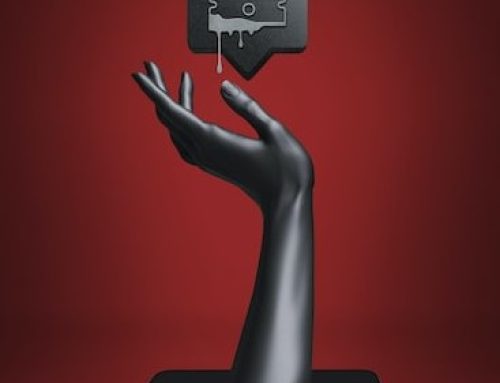In the last couple of years, we have seen a significant increase in media coverage of sexual assault and abuse. From institutionalized sexual abuse in places of worship, membership organizations, schools, and universities, it seems impossible not to come across another story of another victimization.
Despite such increased awareness, there is still much to be learned about sexual assault and abuse. The common myths that we have all come to know about have permeated our culture and have proven difficult to change. Shockingly, despite federal reforms, colleges and universities across this country have largely avoided proper reporting, investigation, and management of sexual assault cases. This helps contribute to this culture of victim-blaming, shaming, and avoidance of how to adequately address sexual assault amongst this population.
I won’t claim to be able to address this issue as a whole in under 400 words in a blog, but what I can do is help to educate about the reality of sexual assault and how it can impact a person on many levels. Often the statistics of 1 in 4 and 1 in 5 are thrown around and based on the studies and research that have been conducted, these numbers are accurate. For boys under the age of 18, we know that 1 in 6 has experienced sexual abuse. Men can and are sexually assaulted as adults. Most often, perpetrators are someone the victim knows and trusts – a friend, date, relative, co-worker, boss, spouse, or intimate partner. Because of this relationship, it often creates a barrier to reporting, thus delaying assistance or treatment at the time of crisis.
Survivors of sexual assault and abuse experience a myriad of reactions, including shame, self-blame, guilt, isolation, problems in relationships, symptoms of Post-Traumatic Stress Disorder (PTSD), addiction, eating disorders, and mental illness, amongst others. In the immediacy of a sexual assault, survivors sometimes dissociate, or if intoxicated in any way, can forget details of the trauma altogether. Trying to remember a sexual assault when alcohol or drugs are involved is like writing bits of memory on post-it notes with invisible ink, scattering them about, and then trying to put them back together in chronological order. This is a task that sometimes is virtually impossible.
Despite how devastating sexual trauma can be, there is hope for healing. Healing can be difficult and take a lot of time – but many who have gone through this process they will often tell you that it is worth it. Healing also cannot take place in isolation – whether a person decides to join a support group for survivors, obtain information and support online, or rely on supportive friends or family – this is a journey.
If you are a survivor, or a loved one of a survivor and would like to begin your own journey in the healing process, feel free to call our intake department at 201-488-6678 to discuss treatment options with a qualified, experienced therapist at Specialized Therapy Associates.







Leave A Comment